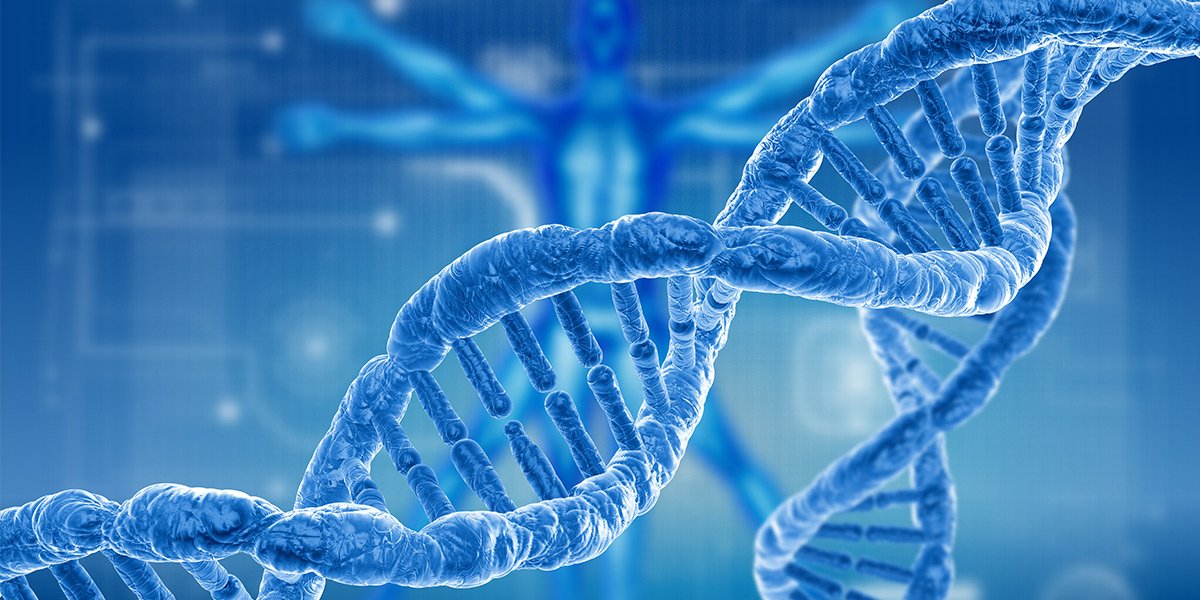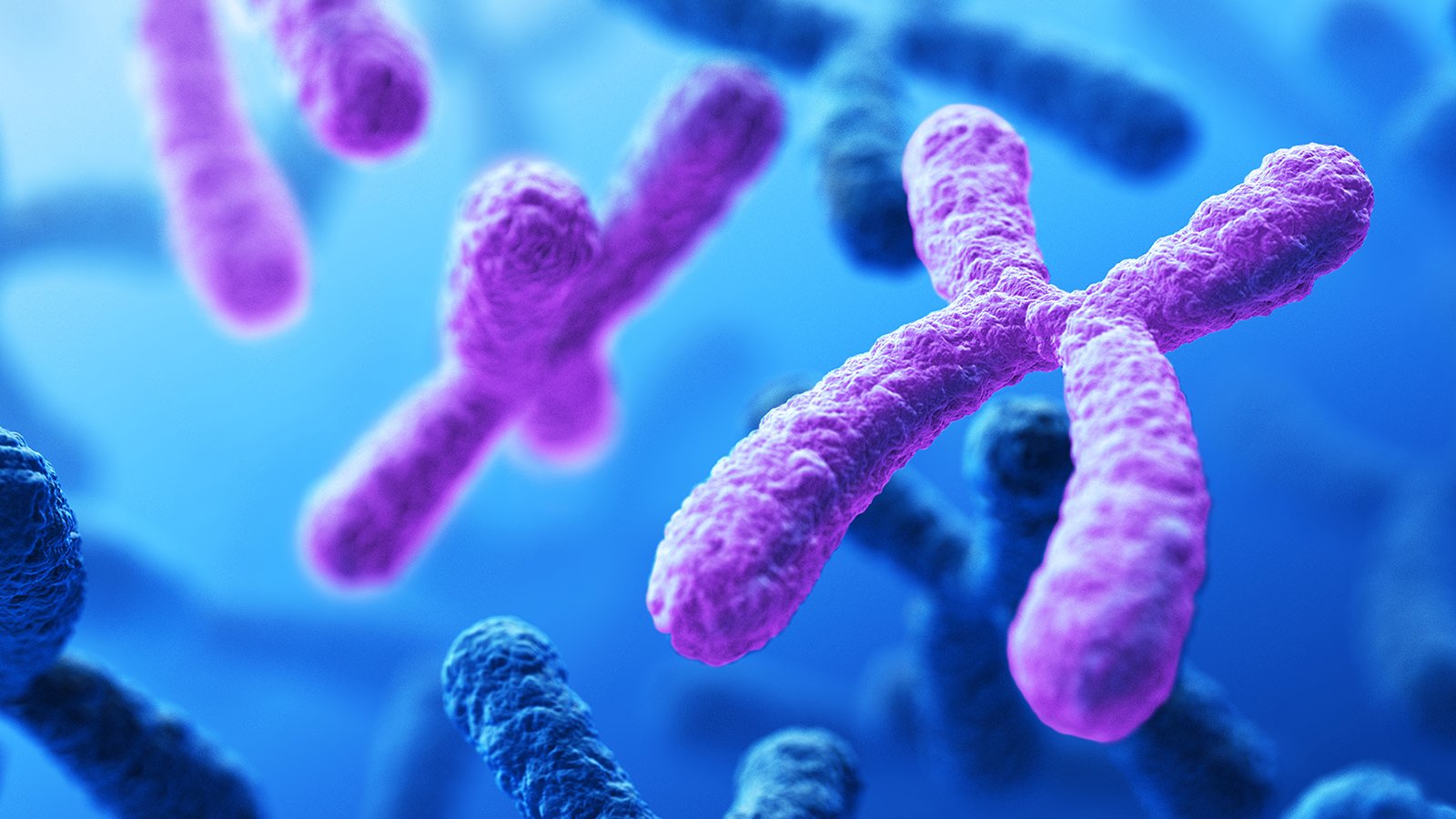Definition of Genetics – Introduction to fundamental concepts of Biological Science including the organization and common characteristics of living matters, cell structures and functions, food production by photosynthesis, harvesting energy, mechanism of cells reproduction, genetics, evolutions, and Human Biology. Introduction to general chemistry including basic concepts about matter, atomic structure, chemical bonds, gases, liquid, and solids, solutions, chemical reactions, acid, bases, and salt;
organic and biochemistry including hydrocarbons and their derivatives, carbohydrates, lipids, proteins, enzymes, vitamins, and minerals, nucleic acids; principles of physics and applications to nursing including gravity and mechanics, pressure, heat and electricity; nuclear chemistry and nuclear physics, effects of radiation on human beings, and protection and disposal. The aim of the course is to acquire knowledge and skills in general biological science, general chemistry and physics.
Definition of Genetics
Genetics is the scientific study of heredity. Genetics pertains to humans and all other organisms. So, for example, there is human genetics, mouse genetics, fruit fly genetics, etc.
Or
Genetics is the study of genes and inheritance in living organisms.
Or
Genetics is a field of biology that studies how traits are passed from parents to their offspring. The passing of traits from parents to offspring is known as heredity; therefore, genetics is the study of heredity.

Branches of Genetics:
1. Behavioral genetics
2. Classical genetics
3. Developmental genetics
4. Conservation genetics
5. Ecological genetics
6. Evolutionary genetics
7. Genetic engineering
- Meta-genetics
8. Genetic epidemiology
9. Genetics of intelligence
10. Genetic testing
11. Genomics
12. Human genetics
- Human evolutionary genetics
- Human mitochondrial genetics
13. Medical genetics
14. Microbial genetics
15. Molecular genetics
16. Population genetics
17. Plant genetics
18. Psychiatric genetics
19. Quantitative genetics
20. Statistical genetics

Branches of Human Genetics:
1. Classical or formal genetics – the study of the transmission of single genes within families and the analysis of more complex types of inheritance.
2. Clinical genetics – the diagnosis, prognosis and, in some cases, the treatment of genetic diseases
3. Genetic counseling an important area within clinical genetics involving the diagnosis, risk assessment, and interpersonal communication.
4. Cancer genetics – the study of genetic factors in inherited and sporadic cancer.
5. Cytogenetics – the study of chromosomes in health and disease.
6. Biochemical genetics – the biochemistry of nucleic acids and proteins including enzymes.
7. Pharmacogenetics how genes govern the absorption, metabolism and disposal of drugs and untoward reactions to them.
8. Molecular genetics the molecular study of genetics including particularly DNA and RNA
9. Immunogenetics the genetics of the immune system including blood groups, HLA, and the immunoglobulins
10. Behavioral genetics the study of genetic factors in behavior in health and disease including mental retardation and mental illness.
11. Population genetics – the study of genes within populations including gene frequencies, the gene pool, and evolution.
12. Reproductive genetics – the genetics of reproduction including genes and chromosomes in germ cells and the early embryo.
13. Developmental genetics – the genetics of normal and abnormal development including congenital malformations (birth defects). (Cancer genetics- The study of the genetic factors in inherited and sporadic cancer)
14. Eco-genetics – the interaction of genetics with the environment.
15. Forensic genetics the application of genetic knowledge, including DNA, to legal matters.
GENETICS NURSING
Definition of Genetics Nursing
Genetics nursing is a nursing specialty that focuses on providing genetic healthcare to patients
Roles & Responsibilities of Genetics Nurse:
- Recognize when one’s own attitudes and values related to genetic and genomic science may affect care provided to clients.
- Advocate for clients access to desired genetic/genomic services and/or resources including support groups
- Examine competency of practice on a regular basis, identifying areas of strength, as well as areas in which professional development related to genetics and genomics would be beneficial.
- Incorporate genetic and genomic technologies and information into registered nurse practice.
- Demonstrate in practice the importance of tailoring genetic and genomic information and services to clients based on their culture, religion, knowledge level, literacy and preferred language
- Advocate for the rights of all clients for autonomous, informed genetic and genomic-related decision-making and voluntary action
- Demonstrates an understanding of the relationship of genetics and genomics to health, prevention, screening, diagnostics, prognostics, selection of treatment, and monitoring of treatment effectiveness.
- Demonstrates ability to elicit a minimum of three-generation family health history.
- Constructs a pedigree from collected family history information using standardized symbols
and terminology - Collects personal, health, and developmental histories that consider genetic, environmental, and genomic influences and risks.
- Conducts comprehensive health and physical assessments which incorporate knowledge about genetic, environmental, and genomic influences and risk factors
- Critically analyzes the history and physical assessment findings for genetic, environmental, and genomic influences and risk factors
- Assesses clients’ knowledge, perceptions, and responses to genetic and genomic information.
- Develops a plan of care that incorporates genetic and genomic assessment information
- Identifies clients who may benefit from specific genetic and genomic information and/or services base i on assessment data
- Identifies credible, accurate, appropriate and current genetic and genomic information, resources, services and/or technologies specific to given clients.
- Identifies ethical, ethnic/ancestral, cultural, religious, legal, fiscal, and societal issues related to genetic and genomic information and technologies.
- Defines issues that undermine the rights of all clients for autonomous, informed genetic and genomic-related decision-making and voluntary action
- Facilitates referrals for specialized genetic and genomic services for clients as needed.
- Provides clients with interpretation of selective genetic and genomic information or services.
- Provides clients with credible, accurate, appropriate and current genetic and genomic information, resources, services, and/or technologies that facilitate decision-making.
- Considers genetic and genomic influences on personal and environmental risk factors.
- Incorporates knowledge of genetic and/or genomic risk factors (e.g., a client with a genetic predisposition for high cholesterol who can benefit from a change in lifestyle that will decrease the likelihood that the genetic risk will be expressed).
- Uses genetic and genomic-based interventions and information to improve clients’ outcomes.
- Collaborates with healthcare providers in providing genetic and genomic healthcare.
- Collaborates with insurance providers and payers to facilitate reimbursement for genetic and genomic healthcare services.
- Performs interventions and treatments appropriate to clients’ genetics and genomic healthcare needs.
- Evaluates impact and effectiveness of genetic and genomic technology, information, interventions, and treatments on clients’ outcome.

